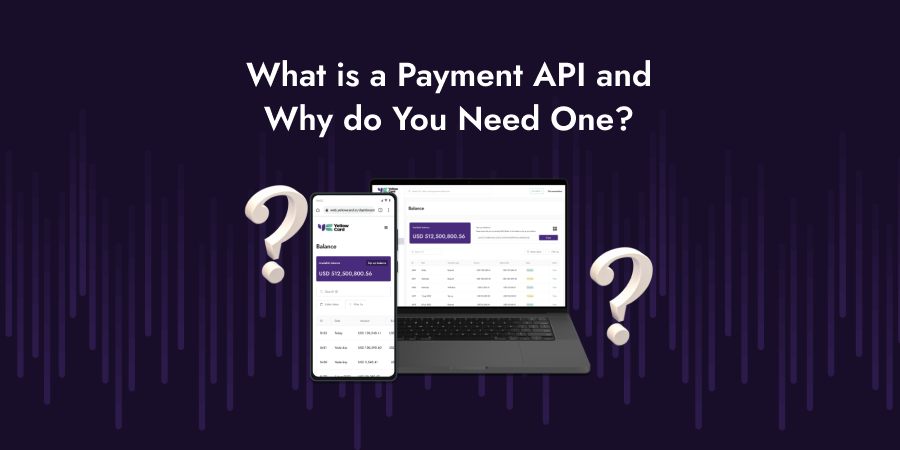Yellow Card’s Payments API is posturing itself as a robust avenue for providing on-and-off ramp solutions across 20 African countries. Customers can leverage on the multiple payment options and the portfolio of stablecoins onboarded by the API.
The Kenyan government wants to codify laws that would govern crypto transactions in the country to protect consumers, encourage innovation and seal loopholes for money laundering and fraud.
Although there is a lot that needs to be done to streamline some of the proposed regulations, the nascent bill is an affirmation of the growing acceptability of virtual assets, and stablecoins in particular, as a legitimate option for financial investment and cross-border transactions.
Stablecoins are digital assets pegged to stable currencies or commodities like the US dollar. This means stablecoins are not subject to the volatility often associated with crypto assets in general. This characteristic positions them as a hedge against inflation and currency devaluation, which are pressing concerns in many African nations. Currently, stablecoins account for approximately 43% of total cryptocurrency transaction volume in Sub-Saharan Africa, underscoring their growing importance in the region’s financial landscape.
In light of these developments, Yellow Card’s Payments API is posturing itself as a robust avenue for providing on-and-off ramp solutions across 20 African countries. Customers can leverage on the multiple payment options and the portfolio of stablecoins onboarded by the API.
In the draft policy document on virtual assets and virtual assets providers published by the National Treasury, the government intends to create an environment that would allow a fair and competitive market for virtual assets in Kenya. Yellow Card’s API aligns itself with this goal by facilitating crypto exchanges with various types of coins – giving customers abundant choices.
Yellow Card has a license as a Crypto Asset Service Provider (CASP) in South Africa and a Virtual Assets Service Providers (VASP) license in Botswana. The company is also registered as a CASP in the EU (Poland), with AML/CFT registrations in the United States, EU (Poland), Botswana, Ghana, Nigeria, South Africa, Tanzania, Uganda, and Zambia. Data collector agencies in Botswana, Ghana, Kenya, Nigeria, South Africa, and Uganda have also registered the platform.

These certifications by various regulators in jurisdictions with advanced checks elevate Yellow Card as an elaborate platform for Kenyans who wish to transact in cryptos. For this reason, the API can enable businesses to access liquidity and benefit from localized payment solutions.
To access Yellow Card’s Payments API, visit www.yellowcard.io/api to book an introductory call with the company’s team. After being provided with a pre-integration form to complete various details, the company will understand what your business model needs.
As part of Yellow Card’s commitment to curb fraud and comply with local regulations, businesses that wish to be integrated into their API will be vetted under a Know-Your-Business (KYB) process. This involves submission of necessary documentation and questionnaires for the onboarding team to review.
Yellow Card’s team employs systems to analyse companies that could use their API to launder money. Following a strict Anti-Money Laundering (AML) policy, the procedures in place will ensure only companies with valid practices and operations adherent to the law are onboarded.
Yellow Card understands that the protection of clients and other businesses amid the crypto boom is a collaborative effort between stakeholders and government. By actively safeguarding their Payment API, Yellow Card is a beacon of secure and reliable stablecoin transactions in the continent.




